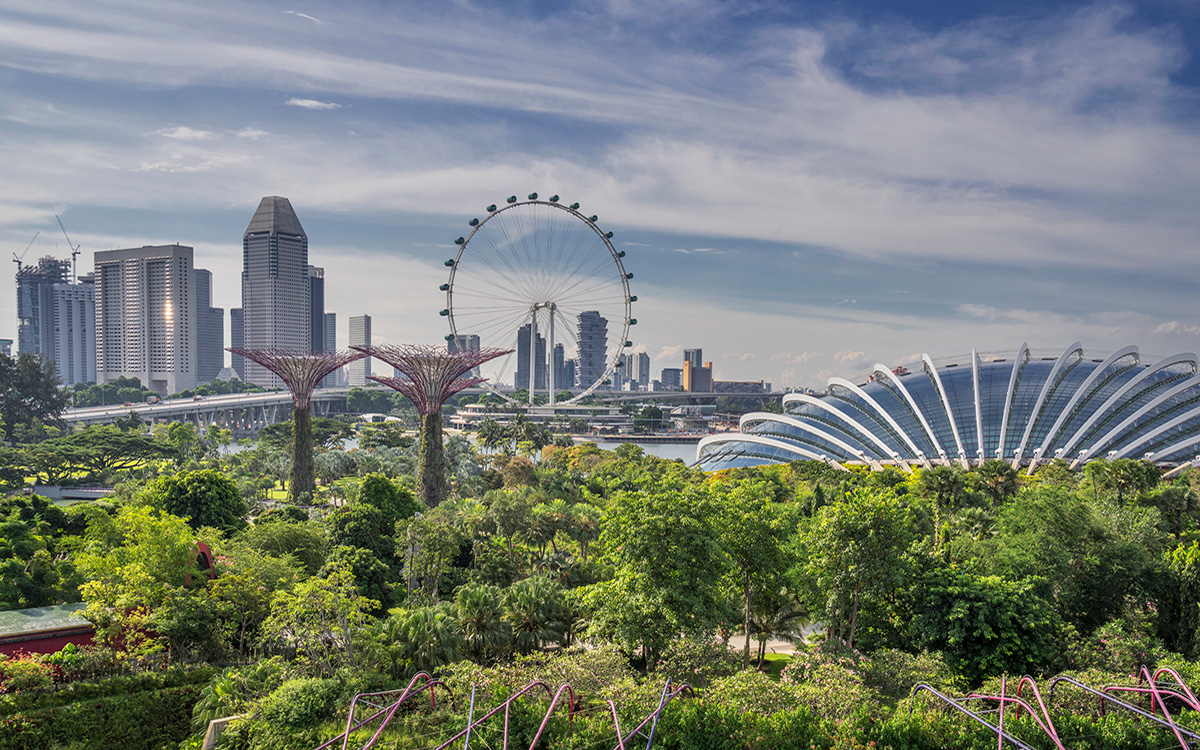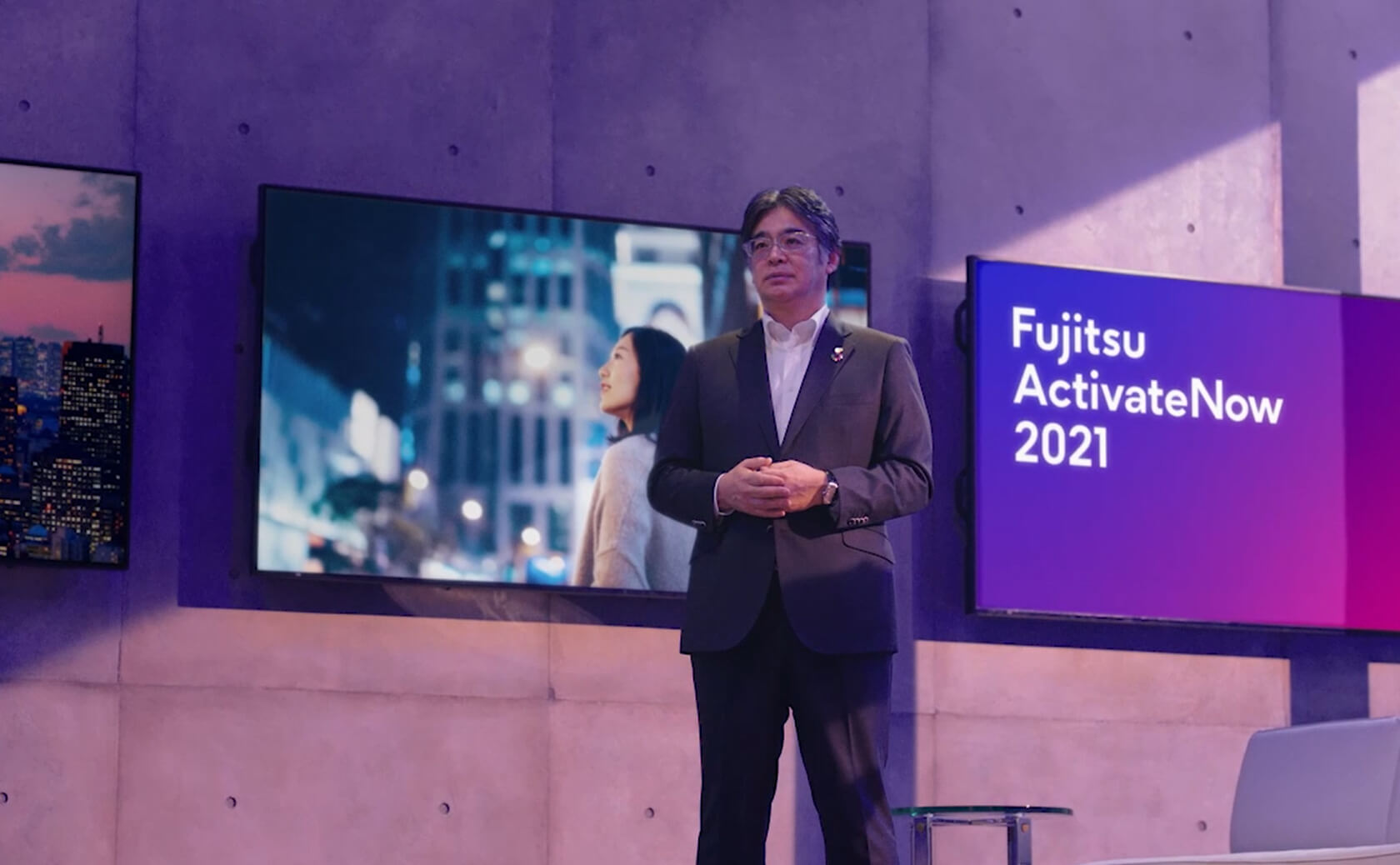Closing the sustainability gap in ANZ
Fujitsu / January 25, 2023
Sustainability Transformation (SX) appears to be top of the agenda for organisations across Australia and New Zealand (ANZ). However, a recent global report commissioned by Fujitsu discovered that less than 15% of these organisations have completed major sustainability imperatives.
The good news is that organisations in ANZ are among the leaders in technology investment for sustainability, and our research shows that they are getting positive results of investments in technology to drive their Sustainability Transformation.
Notably speaking, the organisations surveyed believe that AI and data & security (e.g. blockchain, multi-biometric authentications and cybersecurity) are the most valuable technology areas that will help drive organisations’ sustainability initiatives across ANZ.
The sustainability gap in ANZ
Organisations across ANZ recognise the importance of the three pillars of Sustainability Transformation (SX) – environmental, economic, and societal. But is their enthusiasm for sustainability being matched by their real progress?
Fujitsu recently commissioned a global survey on SX progress, carried out by FT Longitude, the specialist research division of the Financial Times Group. The report reveals that few organisations have completed important SX initiatives, suggesting that many are facing challenges in implementing the change needed.
This is the sustainability gap.
According to the survey, 80% of the organisations in ANZ believe that becoming more sustainable is the right thing to do and ultimately good for business. And over half of the ANZ businesses say they’re advanced on their sustainability journeys, but in reality, less than 15% of these organisations have completed major sustainability imperatives such as achieving net zero status (less than 1%), preparing for environmental emergencies (4%), and developing sustainable supply chains and ecosystems (13%).
When it comes to having a sustainability vision and strategy, organisations in ANZ are on par with the developed countries surveyed – about two-thirds of businesses in the region have set out a sustainability vision and have created a strategy to achieve their goals. In New Zealand, 21% of the organisations already have tangible outcomes from the implemented strategy, compared to 16% in Australia.
Organisations in ANZ have made progress in sustainability, but there is still a lot of work to be done.
Challenges faced in closing the sustainability gap
While organisations’ feel-good factor is strong across ANZ, they’re struggling when it comes to solving specific issues regarding the sustainability of the environment, economy and society. So what are some of the challenges faced by organisations in ANZ?
Similar to their global counterparts, most organisations surveyed in ANZ measure the success of their sustainability transformation by tracking employee health and wellbeing and energy consumption, which are relatively easy to monitor. Metrics that require deeper expertise such as the carbon footprint of a business’ value chain are largely overlooked.
Technology is the great Sustainability Transformation accelerator
Our research suggests that while organisations talk the talk about sustainability, the real action is simply not a reality for many. So how can organisations across ANZ bring their sustainability goals to life?
Sustainability Transformation will not be a success without significant investments in technology. Digital Transformation and Sustainability Transformation need to go hand in hand.
Just like their global counterparts, organisations in ANZ need support to drive their Sustainability Transformation from a technological point of view. Around 50% of them need help transforming existing/legacy technology, while 40% of them require support from sustainability specialists in setting goals.
The Results
Our research shows that most organisations in ANZ think they are doing a great job when it comes to Sustainability Transformation, but the data tells us a different story. So what can organisations do to close the sustainability gap?
1. Embedding sustainability within the company culture
Culture and communication are at the core of all major transformation projects, including Sustainability Transformation. If an organisation is seeking major changes to the way employees think and behave, it has to back it up with something concrete from the very top of the organisation. Set a strategy or a target, then commit to it, measure it based on real science and transparency, then continue to act and improve upon it.
2. Measuring success to keep progress on track
Sustainability Transformation is a huge challenge for organisations in ANZ. The topic is very broad, covering the areas of environmental, economic, and societal impact. It is essential to break the challenge down into smaller parts and set a range of KPIs and decide what data you’re going to collect to measure tangible progress against KPIs. If you can’t measure it, then you can’t manage it.
3. Investing in technology to power Sustainability Transformation
Taking advantage of innovations in digital technologies helps businesses become more resilient to change and stay on track to meet sustainability goals.
Refreshing existing technologies will enable incremental Sustainability Transformation today, but to achieve more fundamental changes on a larger scale, businesses may also look to emerging technologies such as quantum computing to accelerate the pace at which progress can be made.
To help its customers make these connections and accelerate their SX journey with a digital-first approach, Fujitsu Australia and New Zealand has recently revamped its long-running ICT Sustainability Benchmark offering. Fujitsu’s unique Sustainable Digital Transformation (SDX) Accelerator benchmarks results against a database of 1800 companies across various industry sectors and geographies, providing a rapid assessment of how well organisations are harnessing technology capability to solve business challenges in a sustainable way.
Visit our SDX Accelerator page for further details on how Fujitsu can help.
About the research
The data in this Fujitsu Uvance research report comes from a survey of 1,000 business and public sector leaders commissioned by Fujitsu and conducted by FT Longitude, a Financial Times company, in August 2022.
The respondents represent a mix of respondents from the public sector and businesses. Within companies, a range of functions are represented: business leadership, sustainability, HR, line of business, finance, research and development, and IT (transformation, technology and security). And they represent 15 countries: Australia, Canada, China, Finland, France, Germany, Japan, Korea, New Zealand, Philippines, Singapore, Spain, Thailand, the UK and the US.
Their organisations come from a range of sectors – architecture, banking and financial services, healthcare, life sciences, manufacturing, media, mobility (transport and automotive), the public sector, retail, and technology and telecoms – and have revenues of $2 million to $1 billion+.
Editor's Picks







